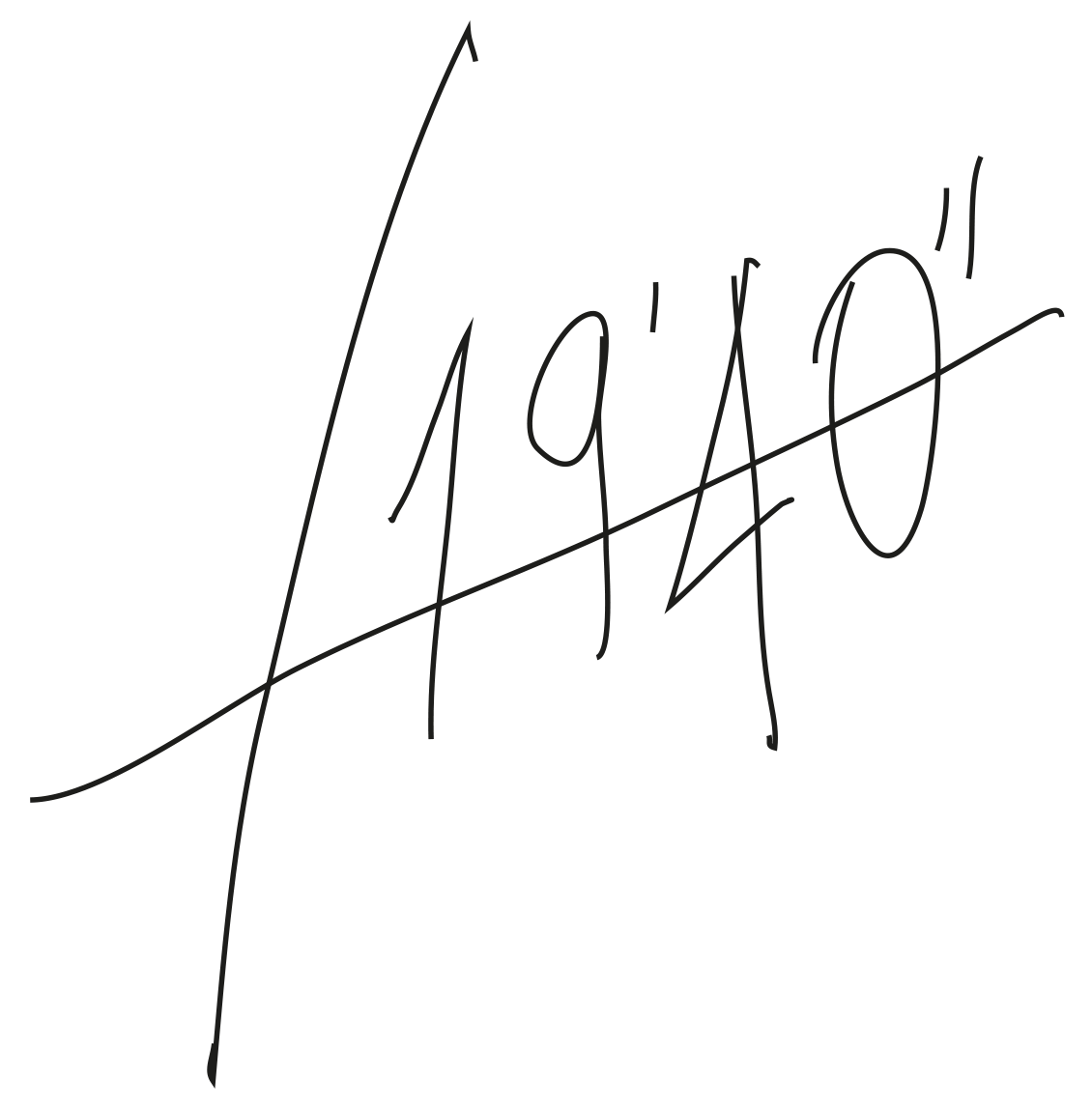People Who Do Noise
"Wherever we are, what we hear is mostly noise. When we ignore it, it disturbs us. When we listen to it, we find it fascinating". This is the often-cited opening of John Cage's famous The Future of Music — Credo. If you have ever done some experiments on yourself, you already know the feeling: there is nothing more annoying when you are doing something else and being distracted (tortured?) by background noise. Even music can become obnoxious if it is forced on us (Guantanamo, anyone?). We will probably go back to the topic on our blog, but for now, let's focus on noise.
It is true that noise can become weirdly intriguing if you pay attention to it. It's supposed to be the opposite of music, which (at its basic definition) is a way to organise sounds. But what sort of sounds? Can we organise what is chaotic by nature and make it somehow (German philosopher Hans Robert Jauss would probably hate the word) enjoyable? Can you record, press and sell noise music (itself a linguistic paradox) to the masses? The answer is yes, at least from a very pragmatical point of view: Noise has been part of the spectrum of marketable music for a while now. So you probably want to learn more about it, because you are a curious individual as much as we are, right? As Dennis Edwards would put it, "don't look any further", here is Portland-centred documentary People Who Do Noise.
«Ovunque ci troviamo, ciò che udiamo è per la maggior parte rumore. Quando lo ignoriamo, ci disturba. Quando lo ascoltiamo, ne siamo affascinati». Questo è il citatissimo incipit di The Future of Sound — Credo di John Cage. Se hai mai fatto degli esperimenti su te stesso, lo sai già: non c'è niente di più fastidioso che cercare di contentrarsi su qualcosa mentre si è distratti (torturati?) dal rumore di sottofondo. Persino la musica può diventare insopportabile se ci viene imposta con la forza (qualcuno ha detto Guantanamo?). Torneremo probabilmente sull'argomento, ma per il momento concentriamoci sul rumore.
È un fatto che il rumore possa diventare curiosamente intrigante, se gli si presta attenzione. In teoria si trova all'opposto del concetto di musica, la quale (nella sua definizione più elementare) non è che un modo per organizzare i suoni. Ma quale tipo di suoni? Si può organizzare ciò che per sua natura è caotico e renderlo in un certo senso (il filosofo tedesco Hans Robert Jauss probabilmente odierebbe il termine) gradevole? Si può registrare, stampare e distribuire il rumore alle masse? La risposta è sì, quanto meno da un punto di vista pragmatico: il rumore (meglio: noise) fa parte dello spettro della musica commerciabile ormai da un po'. Quindi probabilmente ne vuoi sapere di più, perché sei un inguaribile curioso come noi, giusto? Per citare Dennis Edwards, «don't look any further», non cercare altrove: clicca più sopra per guardare il documentario sulla scena musicale di Portland intitolato People Who Do Noise.
